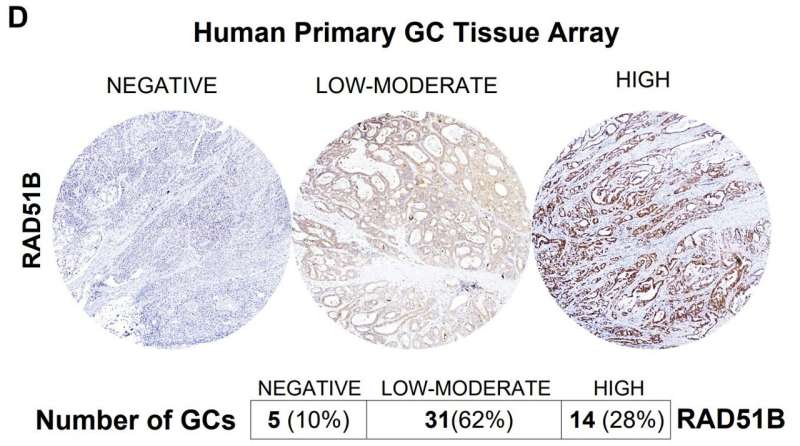Scientists have identified a specific RNA molecule that plays a key role in driving gastric cancer, offering a potential new target for treatment. According to Medical Xpress, researchers discovered that this RNA molecule promotes tumor growth by altering gene expression in stomach cancer cells. By blocking or modifying its activity, scientists believe they could slow or even stop the progression of gastric cancer, which remains one of the leading causes of cancer-related deaths worldwide. This breakthrough could pave the way for new RNA-based therapies that directly target the underlying mechanisms of cancer development.
Experts emphasize that this discovery not only improves our understanding of gastric cancer but also opens the door for precision medicine approaches. Current treatments for stomach cancer, such as chemotherapy and surgery, often come with significant side effects and limited effectiveness in advanced cases. However, targeting this RNA molecule could lead to more effective, less toxic treatments that specifically disrupt cancer cell growth without harming healthy tissues. Further studies and clinical trials will be necessary to translate these findings into real-world therapies, but researchers are optimistic about the potential impact on future gastric cancer treatments. Read more about this breakthrough here. Click for More Details







